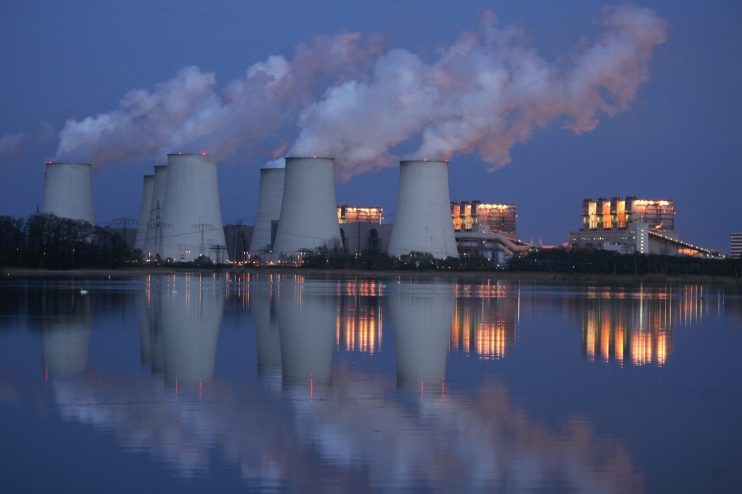European round up: Germany puts coal power on standby while EU pushes for Russian oil ban

Germany is preparing to extend the life of coal-fired power stations which would have been discontinued over the next two years.
The sites will be kept on as reserve facilities in case of disruption to gas supplies from Russia, economy ministry sources told news agency Reuters.
The proposals, drawn up by the ministry would run until March 31, 2024 as Germany tries to cut its dependence on Russian fossil fuels after the invasion of Ukraine.
A total 8.5 gigawatts (GW) of brown, hard coal-fired and a small amount of oil-fired generation capacity will be kept available on demand in case of supply shortages.
Participation in the scheme would be voluntary and operators would be compensated from public funds for holding feedstock ready, and for providing the necessary technical assistance.
It is also not expected to derail plans to stop using coal for power generation by the end of the decade.
Despite joining in with coal sanctions last month, Germany remains highly dependent on Kremlin-backed gas supplies – reliant on Russia for over half its natural gas imports.
German companies such as Uniper have continued to pay for Russian gas in roubles, conceding to demands signed into law by Russian President Vladimir Putin, through a murky exchange system to avoid triggering sanctions.
Gazprom has already cut off gas supplies to Poland and Bulgaria for refusing to conform the rouble demands.
The government also triggered the early phase of emergency measures in March, which could eventually lead to the state taking over supply flows to avoid blackouts.
Hungary withholds support amid compensation claims
Meanwhile, European Union (EU) leaders are unlikely to strike a deal on an oil embargo against Russia at their summit today and tomorrow, revealed European Commission President Ursula von der Leyen.
She said: “I don’t think the summit is the right place for that… We should not stare at the summit,”
The executive arm of the EU has proposed phasing out Russian oil imports by the end of the year in most EU member states – while giving Hungary, Bulagria and Czechia two years to discontinue buying supplies.
This would be the centrepiece of a sixth package of sanctions on Russia following the country’s invasion of Ukraine in February.
However, Hungary has refused to offer its support to the measure, with unanimity required among member states.
It wants piped supplies to be excluded from the ban, or hundreds of millions of euros in compensation to upgrade its refineries.
The country has been locked in talks with the trading bloc over potential compensation during the past few weeks, with von der Leyen even meeting with the Prime Minister Viktor Orban.
Since the invasion of Ukraine, the EU has spent €28bn on Russian oil imports.